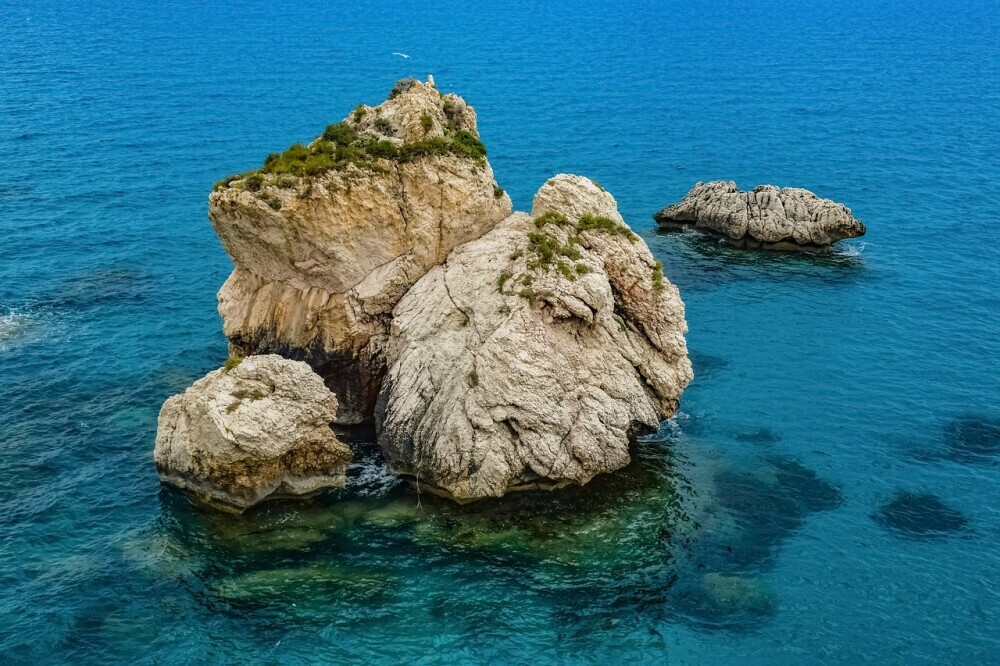
Island Adventures: Unveiling the Enchantment of Remote Paradises
The allure of the island escape beckons with promises of pristine beaches, turquoise waters, and a chance to truly disconnect. But for the seasoned adventurer, the well-trodden tourist paths hold little appeal. The true magic lies in venturing beyond the ordinary, in unearthing the hidden gems, the secluded islands that offer an unparalleled sense of isolation and pristine beauty.
Remote Retreats: Why the Off the Beaten Path Beckons
Escaping to a remote island offers a multitude of advantages:
- Untouched Landscapes: Pristine beaches, vibrant coral reefs, and lush rainforests remain relatively undisturbed by human presence.
- Tranquil Escape: Remote locations promise solitude and a true escape from the hustle and bustle of everyday life.
- Unique Flora and Fauna: Encounter endemic species and unforgettable wildlife found only in these isolated havens.
Venturing Beyond the Horizon: A Glimpse into Remote Paradises
The world is dotted with countless remote islands, each offering a distinctive character:
- The Pitcairn Islands: A volcanic archipelago suspended in the vast expanse of the South Pacific, home to a mere handful of inhabitants and a fascinating cultural heritage.
- Tristan da Cunha: Nicknamed “the remotest inhabited archipelago in the world,” this volcanic group rises dramatically from the South Atlantic, offering a glimpse into a secluded community with a unique way of life.
- The Faroe Islands: A cluster of dramatic volcanic islands painted with lush green landscapes and towering sea cliffs in the North Atlantic Ocean, offering a unique blend of rugged beauty and Nordic charm.
Reaching Hidden Shores: Tips for the Remote Island Explorer
While the journey to these remote locations may require extra planning and effort, the rewards are immeasurable:
- Research is Key: Meticulous research is crucial, considering factors like travel logistics, visa requirements, and local customs.
- Limited Amenities: Be prepared for limited facilities and infrastructure common in remote areas.
- Embrace the Adventure: Maintain a flexible mindset and spirit of adventure as unexpected situations can arise.
Treading Lightly: Eco-Tourism and Sustainable Practices
The ecological fragility of remote islands necessitates responsible travel practices:
- Minimize Environmental Impact: Opt for eco-friendly accommodation and support local conservation efforts.
- Respect the Ecosystem: Be mindful of your waste disposal and avoid disturbing wildlife and natural habitats.
- Culturally Sensitive: Dress modestly, learn basic phrases in the local language, and treat the local way of life with respect.
Island Conservation Champions: Striking a Balance
Several remote island destinations are leading the way in sustainable tourism:
- The Seychelles: This island nation implements strict conservation measures and actively promotes ecotourism initiatives.
- Palau: A champion of marine conservation, Palau has established a marine sanctuary encompassing over 80% of its exclusive economic zone.
- The Azores: The Azores archipelago is a UNESCO World Biosphere Reserve, renowned for its commitment to sustainable practices and preservation of its unique biodiversity.
Cultural Connections: Building Bridges with Local Communities
Tourism can play a significant role in supporting and preserving the cultural heritage of remote islands:
- Supporting Local Businesses: Opt for locally-owned accommodation and tours to directly benefit the community.
- Learning Local Traditions: Take the time to engage with local artisans and craftspeople, learning about their cultural practices**.
- Responsible Souvenirs: Purchase handicrafts and souvenirs made from sustainable materials and support local artists.
Success Stories: Tourism as a Force for Good
Islands like Bananal Island in the Philippines demonstrate the positive impact that responsible tourism can have:
- Community-Driven Initiatives: Local villages manage homestay programs and eco-tours, providing sustainable income for the community.
- Cultural Preservation: Tourism has evolved and is more conscious of the need for sensitivity around local cultural issues.

